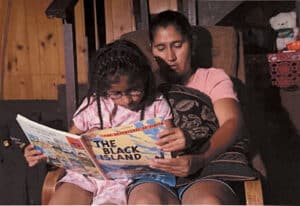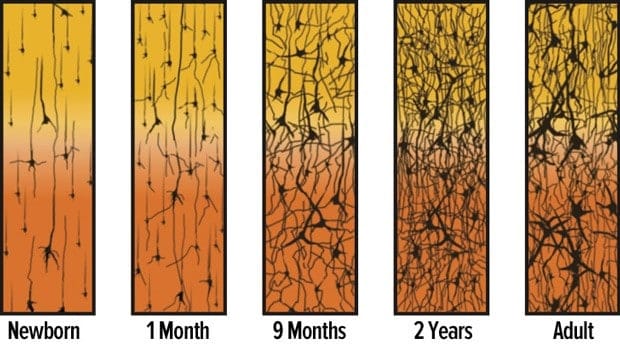Chicago’s new mayor, Brandon Johnson, has taken office at a pivotal time for shaping the future of Chicago’s early care and education system. Last week, the Illinois General Assembly passed the Fiscal Year 2024 budget, which includes an historic $300 million increase in statewide investments in the state’s core early care and education supports for families with young children. Much of this funding will benefit the over 200,000 children ages birth-5 in the city.
Outlined below are just some of the most notable impacts of Illinois’ newest budget on Chicago’s youngest learners and those who support their healthy development and education.
EARLY CHILDHOOD BLOCK GRANT: $75 Million Increase
Governor Pritzker’s Smart Start plan includes a welcome increase of $75 million (12.5%) in state funding for preschool, evidence-based home visiting services and center-based infant-toddler programs funded by the Early Childhood Block Grant (ECBG) at the Illinois State Board of Education (ISBE). As is required by state statute, Chicago Public Schools (CPS) will receive 37% of this increase, which translates to roughly $27.75 million.
Of this allocated funding, CPS has traditionally held on to 60% to fund their school-based pre-Kindergarten (pre-K) programs and sub-granted the remaining 40% to Chicago’s Department of Family and Support Services (DFSS), which are used to fund home visiting and center-based services in community-based programs. This breaks down to roughly $16.65 million more in funding directly for CPS’ pre-K programs and an additional $11.1 million in funding for DFSS-funded community-based early childhood programs.
With Chicago Public Schools recently having achieved universal pre-k for all 4 year-olds in the city, Start Early urges the district to consider how these additional funds coming to the city can support the infrastructure for these pre-k slots, including growing the early childhood workforce, targeting supports for children with disabilities and English learners and strengthening the birth-3 care pipeline that lays the foundation for later success in school.
EARLY INTERVENTION: $40 Million Increase
This astounding 34.5% increase in state funding for Early Intervention (EI) comes at a time when Chicago families continue to experience decreased access to services and long waitlists for children ages 0-3 with disabilities, due to a shortage in the EI workforce. These funds will be used to issue a much-needed 10% rate increase for EI providers beginning July 1, 2023.
EARLY CHILDHOOD INCLUSION: $5 Million in New Funding
Through the state budget, the Illinois State Board of Education will receive $5 million in brand-new funding directed toward supporting inclusion in schools and community-based early childhood settings for preschoolers with disabilities and developmental delays. Chicago Public Schools and Chicago’s six federal Head Start grant recipients have already been working together over the last year to build a plan for ensuring that children with disabilities who are enrolled in community-based early childhood programs have access to inclusive special education services in the least restrictive environment. This new ISBE funding signals a commitment to supporting the statewide infrastructure that makes efforts like the one in Chicago possible.

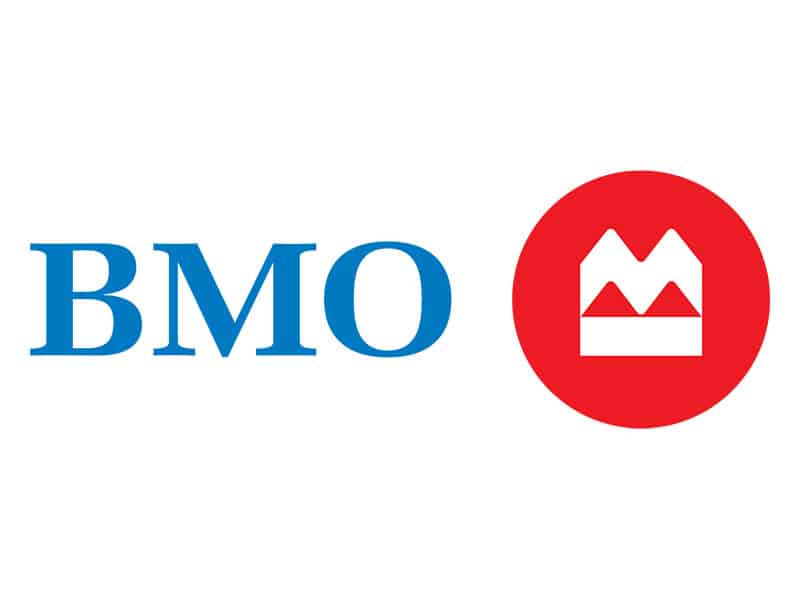
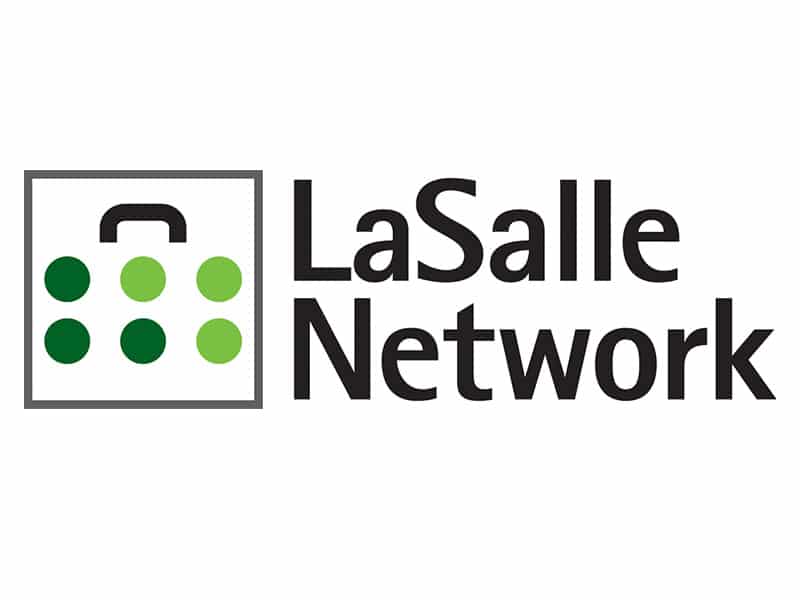
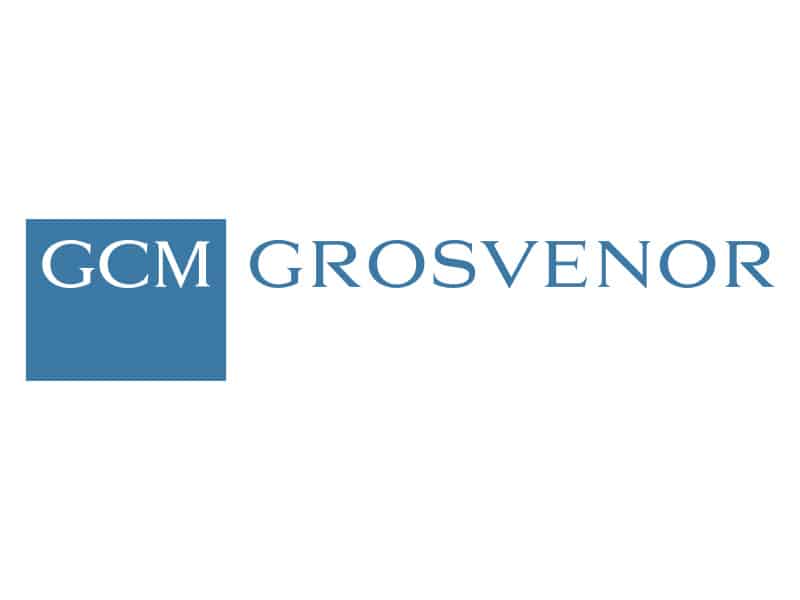

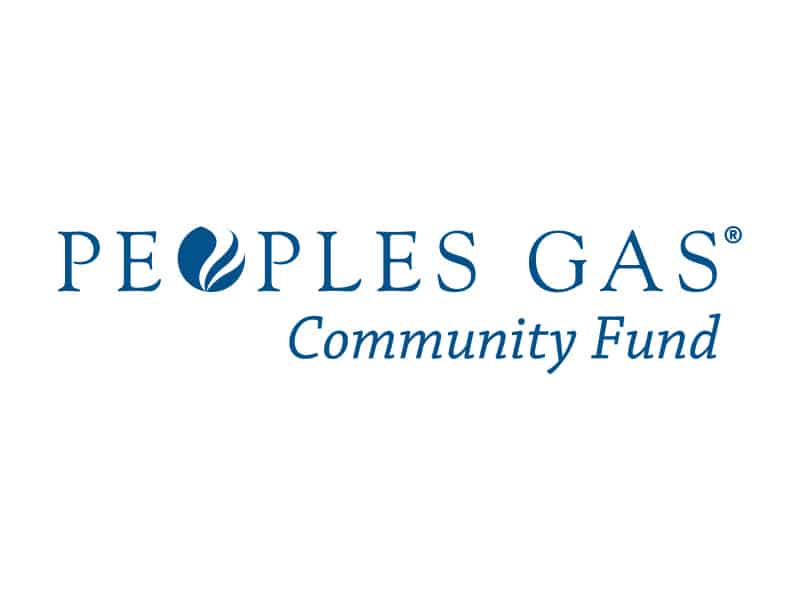
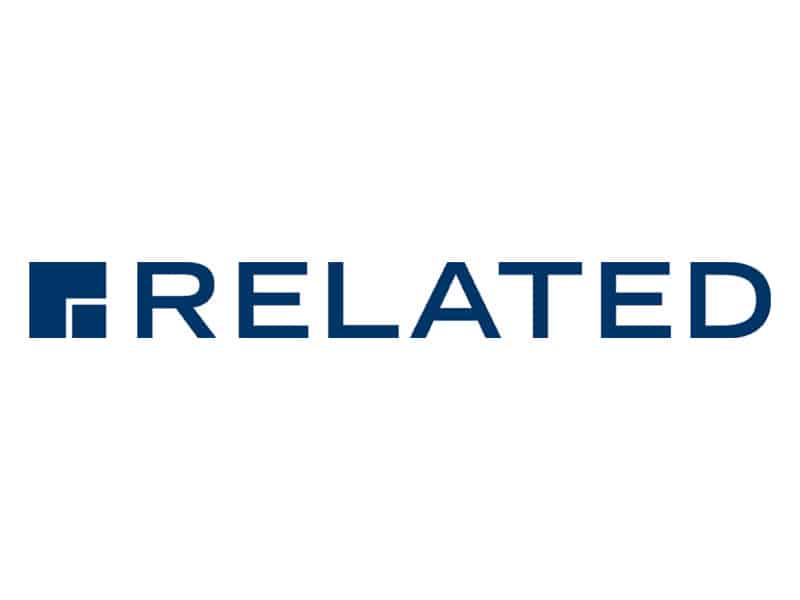
 The Capitol Campus is just showing off …
The Capitol Campus is just showing off … The year of this photo is unknown, but my educated guess is the late 1960s- early 1970s based on the snazzy fashion choices.
The year of this photo is unknown, but my educated guess is the late 1960s- early 1970s based on the snazzy fashion choices. Newhouse Building construction as of May 4, 2023
Newhouse Building construction as of May 4, 2023 As the program analyst for
As the program analyst for 